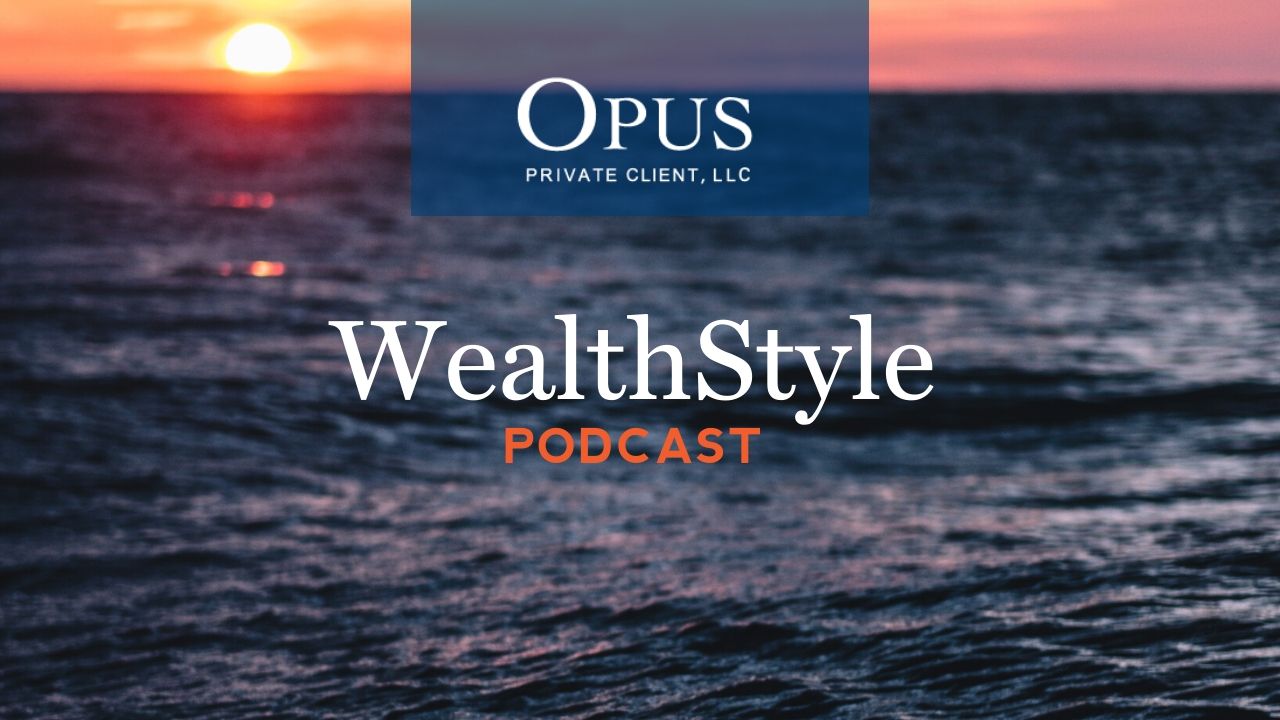
The Current Financial State with Jennifer Fox, V.P of Federal Affairs at Finseca
With the federal deficit nearing $2 trillion, understanding how these numbers impact your financial future has never been more critical.
Join Evan Wohl as he chats with Jennifer Fox, Vice President of Federal Affairs at Finseca, about the current financial state of the U.S. economy and its political implications. Facing heightened interest rates, substantial federal deficits, and upcoming tax reforms, they explore how these challenges can shape the financial landscape. You will gain insights into the current state of Social Security, Medicare, and strategies to manage long-term care costs, along with understanding the key economic discussions that will influence the 2025 presidential race.
Evan and Jennifer discuss:
- Jennifer’s background and day to day operations at Finseca.
- The impact of interest rates on the federal deficit and budget.
- Possible financial issues facing the country over the coming decades.
- The importance of planning for long-term care and baby boomer preparedness.
- The tax law sunsetting in 2026 and its possible impact on the upcoming election.
- And more
Connect with Evan Wohl:
Connect with Jennifer Fox:
About Jennifer Fox:
Jennifer Fox is the Vice President of Federal Affairs at Finseca. She leads their lobbying initiatives, advocating for policies that support the financial security profession and educating policymakers and their staff on the importance of comprehensive financial planning, encompassing life insurance, retirement planning, and investments, to serve clients effectively.
Jen led Finseca’s political advocacy initiatives, which included the Ambassador Program, fly-ins, and political fundraising, including Finseca’s PAC. She is committed to assisting members in becoming politically involved and empowering them to share their stories.
Jen has spent time at the White House and Capitol Hill, which has helped shape her knowledge of small business, technology, labor, and tax issues. She also serves as the President of The Advocacy Association.
Podcast: Play in new window | Download | Embed